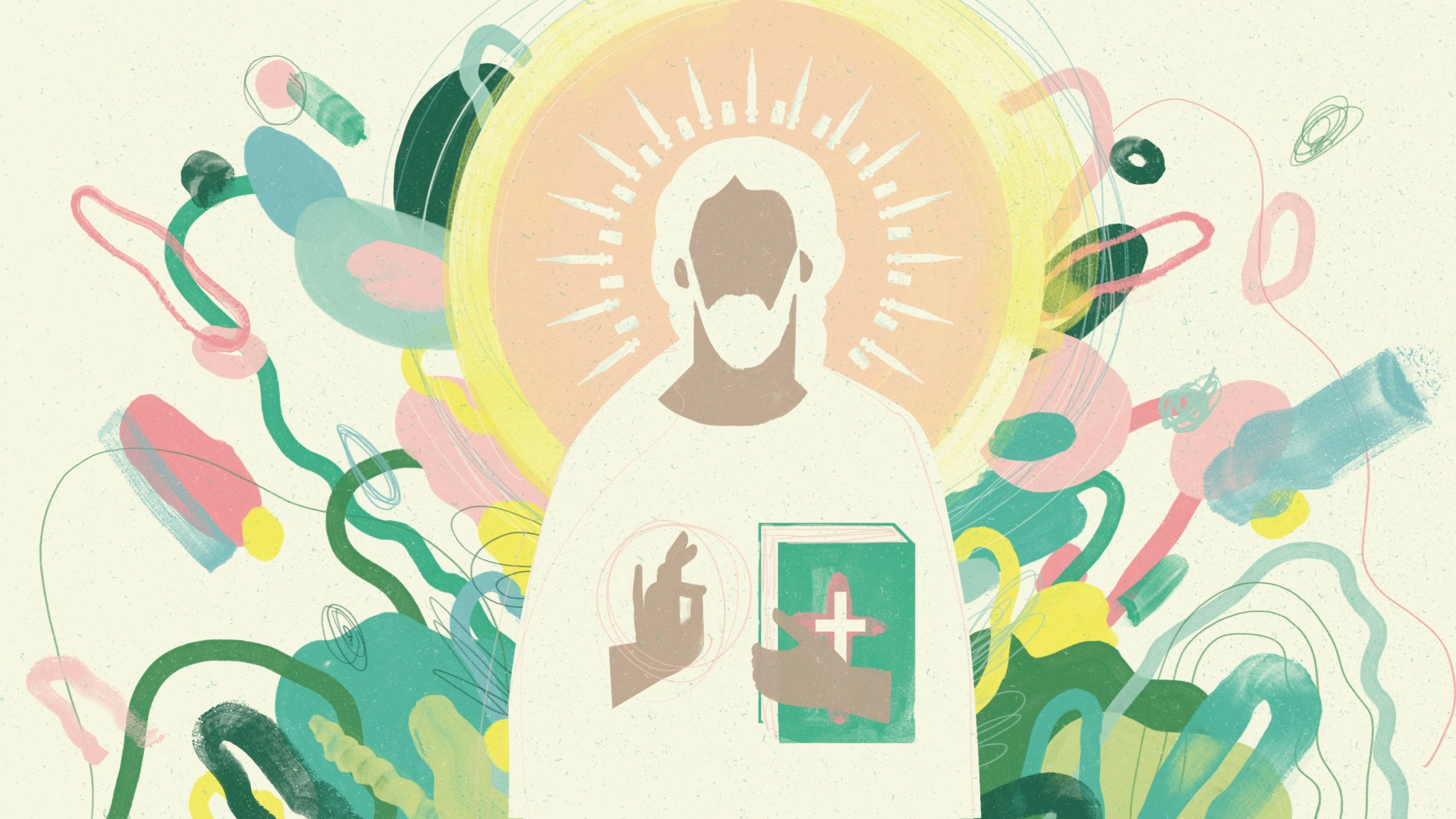The news has been relentlessly grim since last Easter. Any glimmers of light were quickly vanquished amid rising pandemic deaths, the social depression of distancing, racial violence, political discord, and even polar vortexes. With all we’ve suffered, who dares risk delight?
In a New York Times interview, noted sociologist and columnist Zeynep Tufekci attributed our current collective pessimism in part to the media’s and public health officials’ failure to sound the pandemic alarm early on. Ambiguous news from Wuhan, reiterated by the World Health Organization, intimated no human-to-human transmission of the coronavirus, despite evidence to the contrary. The inclination was to avoid overreacting so as not to incite panic. The lingering sting of that failure has fueled continued gloom and a more recent downplay of positive findings, whether in the decline of infection rates or the marvel of vaccine development.
Early predictions had any vaccine taking at least 12 to 18 months to emerge, with a modest goal of 50 percent efficacy against infection. Here at Lent’s end, we’ve achieved not one but as many as four vaccines, pushing 95 percent efficacy, an undertaking unprecedented in the history of medicine. This Easter dawns bearing much brighter light. Most churches won’t yet fully gather to worship, but the assuredness of vaccinations and eventual herd immunity mean coming back together is now an imaginable reality.
Rather than celebrating humanity’s remarkable accomplishment, however, Tufekci noted that the media and public health officials were wary of misinforming again. So they focused their reporting on the threat of variants, the need for continued mask wearing, and concerns about things unknown, despite the amazing fact we do know: The COVID-19 vaccines are an almost perfect defense against dying from the disease.
Of course, we all eventually die, but here is where the amazing news of Easter should not be downplayed. “I am the resurrection and the life,” Jesus said. “The one who believes in me will live, even though they die; and whoever lives by believing in me will never die” (John 11:25–26). The Message inserts an “ultimately” in this verse to make clear that Jesus didn’t mean we don’t die on earth. But eternal life need not be reserved solely for heaven. Paul made clear that we walk in newness of life now (Rom. 6:4; Gal. 2:20).
Jesus’ disciples happily believed this good news until things turned awful. His arrest and conviction caused panic, and they fled for their own lives. Huddled in hiding even after his resurrection, the disciples downplayed the women’s report of an empty tomb, dismissing it as “nonsense” (Luke 24:11). Unbelievably, their disbelief persisted even when the risen Jesus showed up in person (vv. 36–37). Resignation and despair at least coincide with grim reality. We humans will downplay good news as a means of hedging ourselves against disappointment.
According to Pew Research, 3 in 10 Americans (28%) reported stronger personal faith in January because of the pandemic. The report did not delineate between religions, nor did it indicate how many Americans have a personal faith to strengthen. But if current studies are any indication, upwards of 70 percent of Americans say they are Christians, meaning there are plenty whose faith did not grow stronger because of the pandemic.
Strength amid adversity is a hallmark of Christian discipleship, yet persistent adversity and its increasing severity can threaten faith, too. The disciple Thomas, having missed out on the risen Jesus’ debut, famously refused to believe unless he could see for himself. Jesus complied with an encore but then said, as a summons to the rest of us, “Blessed are those who have not seen and yet have believed” (John 20:24–29).
Knowing his disciples would still struggle, and by extension the rest of us too, Jesus breathed into them the Holy Spirit (v. 22). It is the Holy Spirit who testifies with our spirit that we are the children of God (Rom. 8:16) and that “our present sufferings are not worth comparing with the glory that will be revealed in us” (v. 18).
As a hospice volunteer, I received my vaccination at the beginning of Lent. I lined up with scores of others who eagerly anticipated a return to life lost. I walked out the clinic doors with not only immunity, but a certain feeling of lightness and courage. I was not only determined to retrieve lost life, but I felt strength to love and to serve and delight in new life, regardless of whatever trouble comes.
If such is the case with mere vaccinations, how much more with the Holy Spirit who ensures us eternal life?
Daniel Harrell is editor in chief of Christianity Today.










